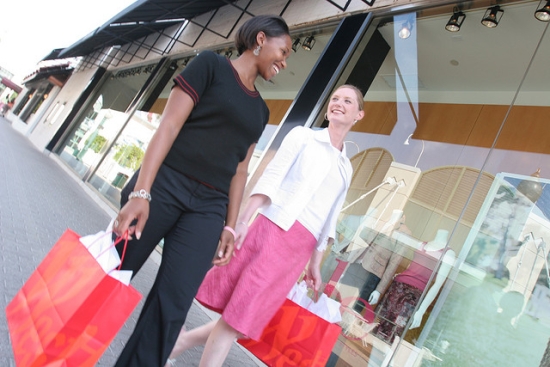Despite the fact that several firms have been forced to enter administration recently, the overall news from the retail industry remains encouragingly positive. This is thanks, in large part, to a boom in consumer confidence which has seen retailers benefit from a rise in spending throughout the summer.

According to the monthly GfK consumer confidence barometer for August, which at present stands at -30, households in general are far more optimistic about the state of the economy as a whole than they were at the beginning of 2013. Although this optimism has not quite translated into their personal finances, a belief that the economy will not take a further turn for the worst has lifted some of the pressing need to save by forgoing all but the most basic essentials.
As a result the index has noted the largest improvement over a four month period since 1982, and consumer confidence is at its highest level since October 2009.
However, economist Ann Pettifor warned earlier this month that consumers may be falling into a trap due to a false sense of security over the state of the economy. She believes that, due to poor pay rises being negated or worse by the rate of inflation, more and more households are relying on loan companies to fund their lifestyles – a phenomenon which has coined the phrase “Alice in Wongaland” when describing recovery.
Managing director of social research at GfK, Nick Moon, agrees that the rise in consumer confidence is a little baffling given the current situation most UK households find themselves in.
He says; “As more and more official figures show that we are all worse off, with UK living standards at their lowest for a decade, the public’s economic confidence continues to grow strongly; a conundrum of Alice in Wonderland proportions.”
However, while an increase in consumer spending is certainly good news for the retail industry as a whole, recent figures indicate that this beneficial turn of fortune is not necessarily benefiting high street retailers. In a recent survey conducted by Play.com owner Rakuten, it was found that 20 per cent of the 5000 participants questioned now buy more items over the internet than they do in local shopping outlets.
This boom in e-tailing has been led by clothing and accessories, with 66 per cent of respondents claiming that they buy clothing online for the most part. CDs and DVDs, including digital downloads and streaming, and books and magazines closely followed in popularity.
Play.com trading director, David Rimmer, says; “The research clearly highlights that the fashion industry is well ahead of the curve when it comes to engaging the online shopping community.
“That’s no small feat for an industry where the importance of ‘fit’ would seem like a natural obstacle to online sales.”
With mobile and tablet sales also increasing in popularity, it seems that high street retailers must radically alter their outlook in order to appeal to a more technologically savvy market. Should they be able to do this, perhaps they too can take advantage of the steadily rising consumer confidence in the UK.
Previous Post
UK Commercial Property Trust Posts First Half Profit